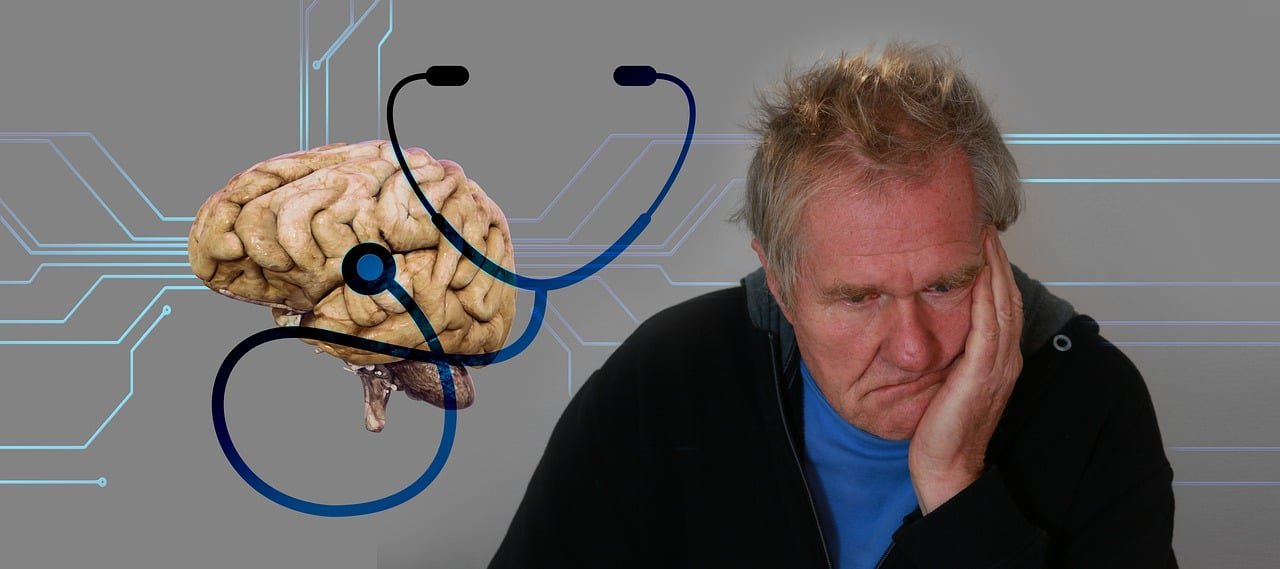Celiac disease is a bewildering autoimmune disease that renders the body unable to absorb most essential nutrients, with gluten being the main trigger. While awareness has skyrocketed in recent years, many myths about this disease still persist. To help unravel some knots in this confusion, Dr. Ciaran Kelly, the foremost expert in the celiac disease field, dissects some of the commonest myths associated with the disease, its symptoms, and treatment.

Myth #1: Celiac Disease is Diagnosed Early in Life
Most people believe that a person with celiac disease would have been diagnosed during childhood. It is true that most cases are presented just immediately after the first exposure to gluten. However, many people will not have this diagnosis until over much of their life has passed. Actually, the average age of missed diagnosis is between 46 and 56, with 25 percent occurring after the patient is 60 years old.
That condition affects more so women and people with some other autoimmune diseases, as type 1 diabetes, for example, Hashimoto’s thyroiditis, or dermatitis herpetiformis, which is a very rare form of itchy rash.
So, for adults, newly diagnosed, you are definitely not alone. “We don’t know really why some people with a genetic As pre-exposed, develop celiac disease in later life, although stress events like surgery, infections, or other major life events could play a role in triggering onset,” the doctor adds.
Myth #2: Celiac Disease Stays in the Gut
Myth #2: Celiac Disease Does Not Solely Affect the Gut
When the term celiac is thought of, gut problems surface: bloating, diarrhea, and abdominal pain. Yet celiac disease actually throws up a variety of symptoms that may not have more to do with digestion.
Celiac disease is a disease that damages the villi in the small intestine due to gluten-induced immune activity. Thus, there’s destruction of small fingerlike projections that absorb soluble nutrients from food. Such damage not only compromises the digestive tract but also imposes subsequent cascading effects over a range of organ systems, such as: brains getting foggy headaches, endo systems resulting in period irregularity, and muscles, joints causing body pain.
Gastrointestinal symptoms are not necessarily present always, yet numerous individuals complaining of fatigue, joint pain, and even osteoporosis would have very few other symptoms that signal malfunctions in the gut.
Myth #3: Celiac Disease & Gluten Intolerance are one and the Same.
Most people tend to fall under the misconception that if something bad happens upon the consumption of gluten, it is probably celiac disease; celiac disease and gluten intolerance, or simply gluten sensitivity and abstaining from gluten are entirely different conditions.
Blood tests for specific antibodies, along with intestinal biopsy, are necessary to confirm diagnosis of celiac disease and thus check for damage to the intestine lining. There is no such activation of these antibodies and damage to intestines in non-celiac gluten sensitivity. Patients with gluten intolerance rather feel bloated, have stomach troubles, and feel fatigued after taking gluten, but their immune reaction does not match that of a celiac person.
Presently, it is unknown what causes these symptoms in non-celiac gluten sensitivity. Some researchers suggest that there could be something other than gluten in the gluten-containing foods, such as ill-absorbed FODMAPs (short-chain carbohydrates that ferment in the gut and can cause bloating and gas) that may be problematic.
Some individuals may also be hypersensitive to wheat, which can give rise to symptoms that range from a rash on the skin to swollen tissues making breathing difficult. Anaphylaxis in its most severe form may occur as an emergency situation.
Myth #4: A Gluten-Free Diet Will Always Relieve Celiac Disease Symptoms An all-greens diet would be the one therapy presently available for celiac patients. Nevertheless, it does not work for everyone. Owing to the fact that nearly one person out of every five celiac patients regularly encounters symptoms even while observing strict rules about avoiding gluten, this condition is referred to as nonresponsive celiac disease-a source of frustration to many individuals.
There are other symptoms that can intermittently occur in some people when they are accidently exposed to gluten. An accidental gluten exposure is when it shakes through gluten-free food without proper precautionary measures, mostly in restaurants or food processing plants.
A search is underway to find possible ways of curing unresponsive celiac disease through some research, including Enzyme Supplements: In the same manner as lactase pills used for intolerance toward lactose, these enzymes may be manufactured to assist the person in breaking down gluten in the digestion tract. Modulation of immune response: Some treatments were found to reduce the exaggerated action of an immune system towards gluten. Example is inhibition by tissue transglutaminase enzyme, which plays a major role in immune response, but may be responsible for damage caused by gluten. Ever Reprogramming the Immune System-from an immune response-altering standpoint-could possibly be promising-the immune response might merely be reprogrammed to such an extent that it would not react to gluten at all. Living with celiac disease There isn’t a remedy for celiac disease, but it helps to get a clear understanding of all its nuances as it might enable you to better manage your condition and avoid common traps. If you’ve lately been informed that you have celiac disease, then make sure you two work closely with a doctor specialized in the field-entering under gastrointestinal health. Your doctor will be able to help you with understanding the disease, what kind of triggers there are, and how to maintain an everyday healthy, gluten-free lifestyle.
In addition, if there are still symptoms that persist even on the gluten-free diet, you should bring it up with your physician. Your doctor will be able to identify outside factors that may need intervention to give you relief.
In the end, an accurate knowledge-intake approach towards managing celiac disease is necessary. It is time to break through the myths and get celiac patients to better discern this complex health kingdom and widen their therapeutic options.
So if you have been diagnosed, or know someone who has been, do not hesitate to contact one such specialist offering advice and other means for living gluten-free. Knowledge is key, and the right kind of support can change everything.

